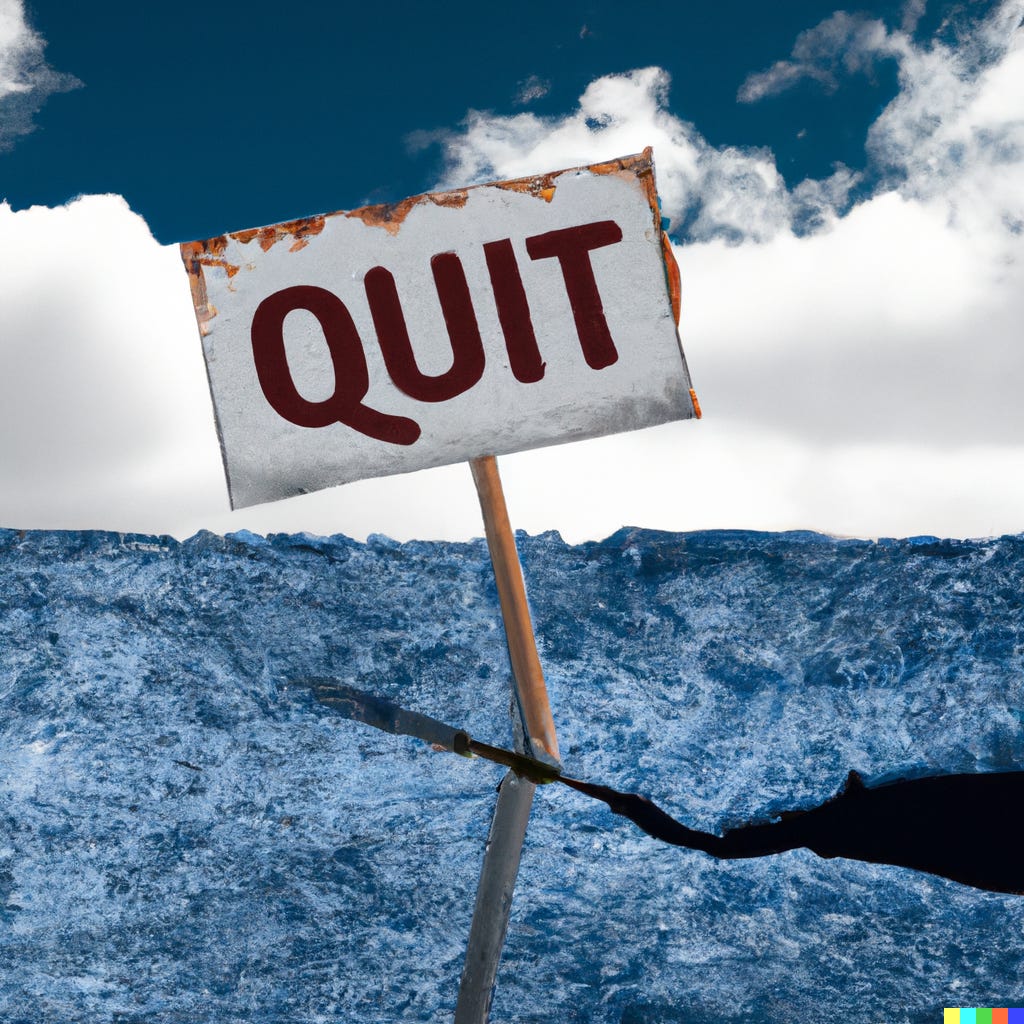“I hustle for my muscle and you look weak, son (Real weak)
Yeah, I'm goin' for all that I can get
Kickin' it at the top 'cause I'm too legit to quit…”
-M.C. Hammer, “Too Legit to Quit”
In my first week of rabbinical school, I took a class with Dr. Peter Pitzele, the creator of what is known as “Bibliodrama.” Bibliodrama is a method of textual interpretati…




